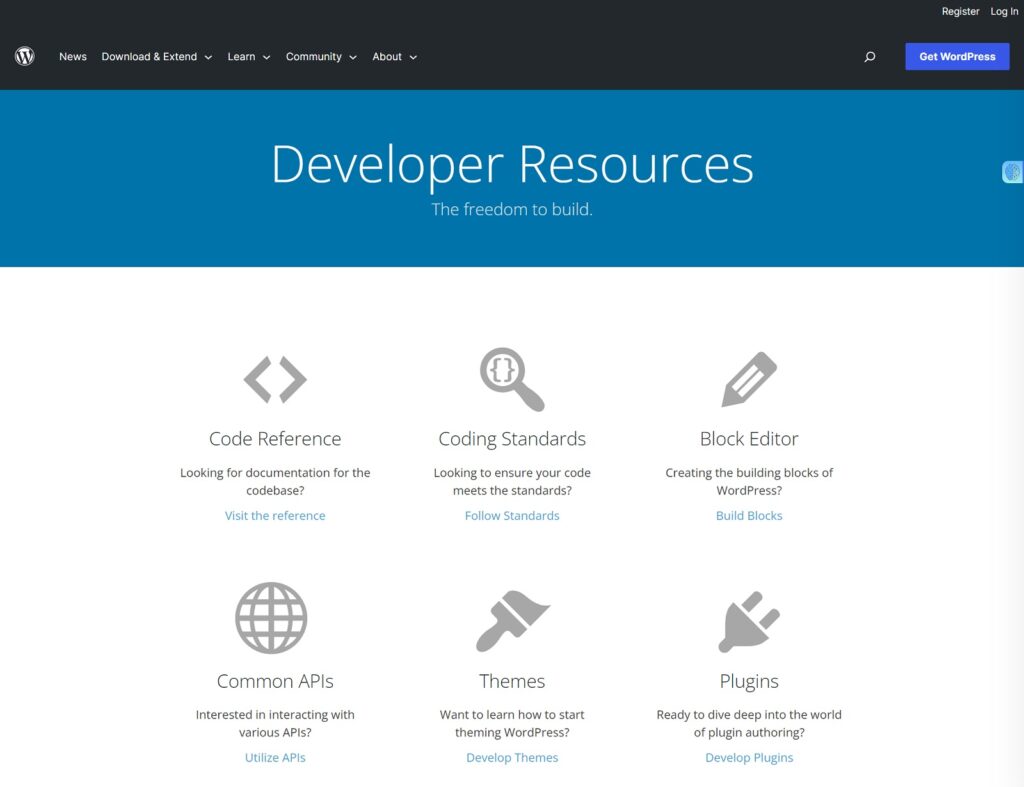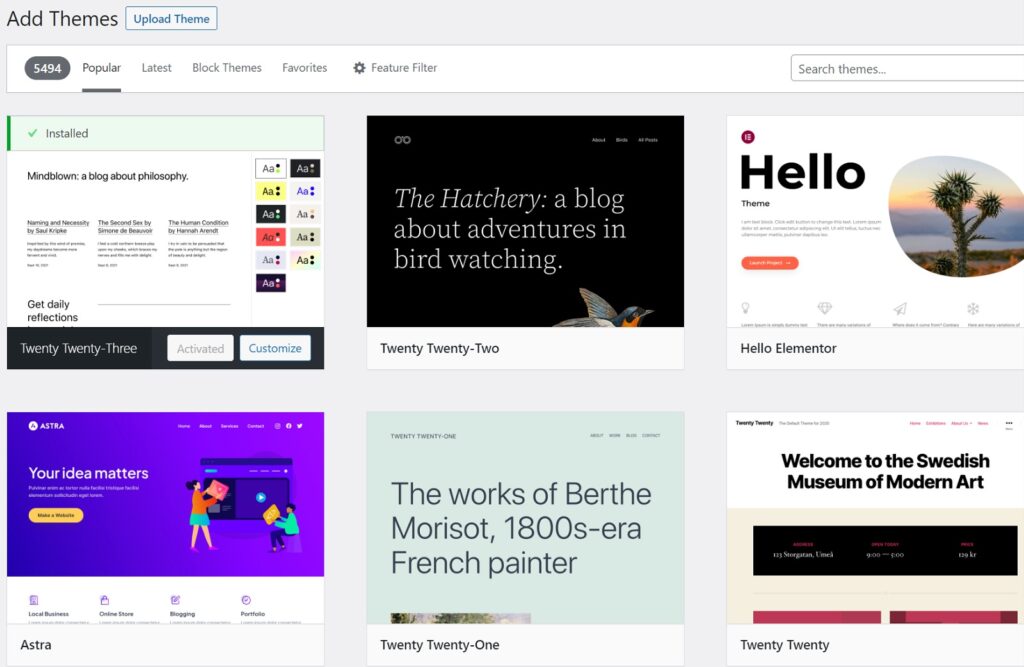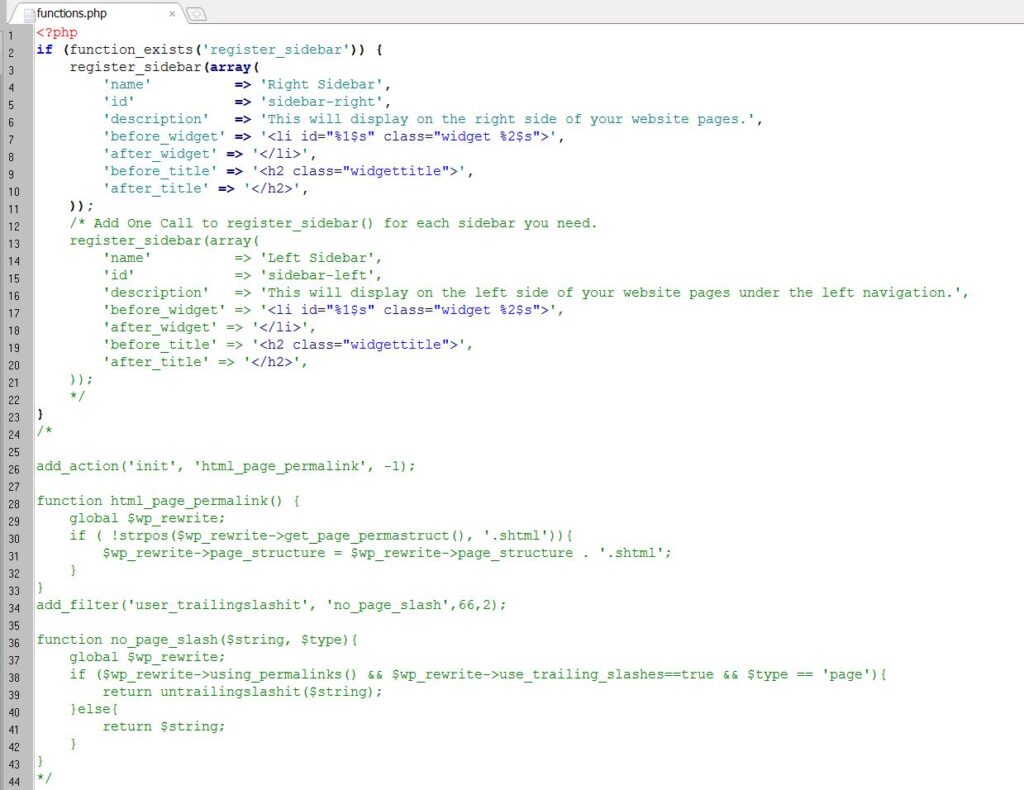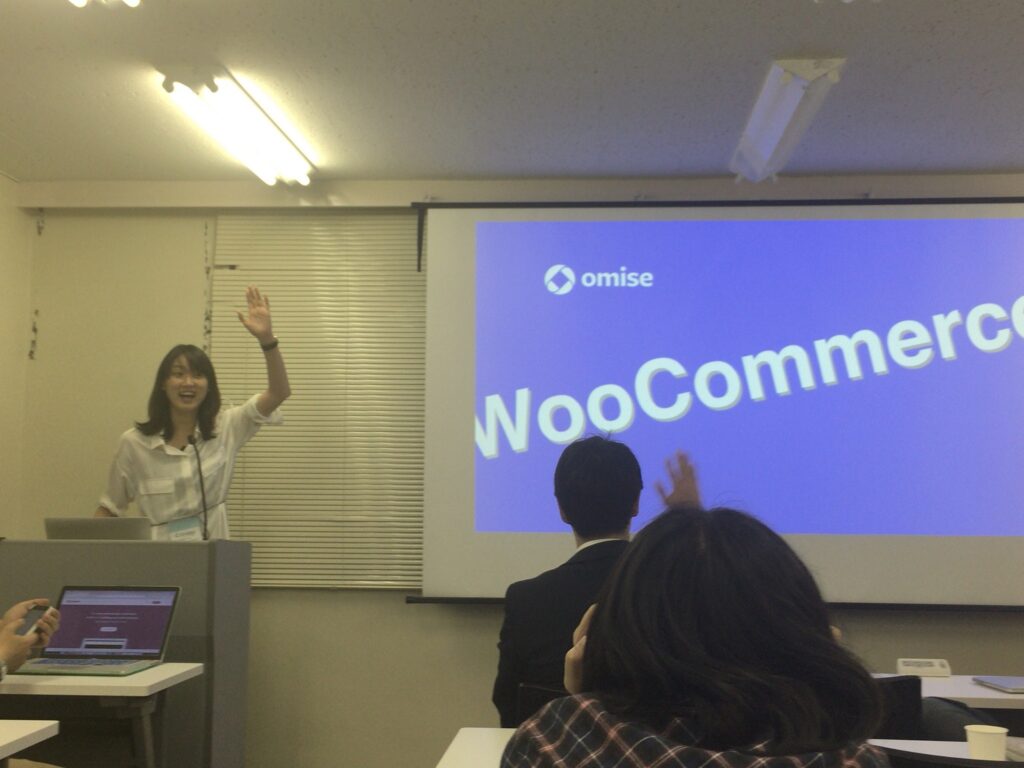WooCommerce is widely recognized as one of the best B2B eCommerce platforms for 2023. According to Kinsta, it powers 22% of the world's top 1 million eCommerce sites.
WordPress and WooCommerce are best used with advanced technical knowledge and insight into how they work. This article will discuss how to learn WooCommerce development for a newbie who knows nothing about WordPress.
What is a WooCommerce Developer?
A WooCommerce developer is a full-stack developer specializing in WordPress. This developer is fluent in PHP, has expertise in LAMP (Linux, Apache, MySQL, PHP) and/or LEMP (Linux, NGINX, MySQL, PHP) stacks, and understands how both WordPress and WooCommerce work on a technical level.

In medium and large projects, WooCommerce developers may specialize between front-end versus back-end technologies. Front-end developers often use programming languages like HTML, CSS, and JavaScript. Back-end developers usually work with PHP, MySQL, and server issues.
What are the Advantages of Becoming a WooCommerce Developer?
A WooCommerce developer can create an entire online store independently, carry out a client's request for specific functionality, or support the development process in a specific area as a member of a small or large team.
As an experienced WooCommerce developer, you can grow in several directions. You can expand your front-end development skills (REACT, JavaScript) or go deeper into the back end (RNR, Laravel, Symfony). You can even go down the entrepreneurial path as a consultant or build your own development business. It all depends on your courage and persistence.
Whichever path you choose, there are several advantages to becoming a WooCommerce developer.
Low Barrier to Entry
You can get a basic knowledge of WordPress and WooCommerce development for free or at least inexpensively. Profile forums, guides, video tutorials, and a huge community of WP developers provide excellent support for beginners.
Lots of Work Opportunities
In addition to WooCommerce's 22 % share of the top 1 million eCommerce sites, WordPress powers 43 % of all websites on the internet. The White House, Sony Music, CNN, BBC, Reuters, The Wall Street Journal, Forbes, Variety, and many others have built their sites and online stores on WP.
These aren't only incredible statistics. They also mean plenty of WooCommerce/WordPress job opportunities, especially since all these stores and websites require frequent changes as they evolve.

Most WooCommerce/WordPress projects are modular. While they may use full-time employees for core roles, they often hire freelancers to fill the gaps. This is a great way for beginners to gain experience and grow their skills.
Once you have experience, the job world becomes your oyster. If you check the big job search websites like Indeed, Monster, and Glassdoor, you will find many thousands of jobs every day for experienced WooCommerce and WordPress developers.
High Pay
Where there is high demand, high wages always follow.
Junior WooCommerce or WordPress developers can quickly make 40 K USD. More experienced developers can earn in excess of 100 K.
Hourly contract wages range from $15 for beginners to more than $100 for more advanced developers.
What Knowledge Should a WordPress Developer Possess?
Knowledge of WordPress from a developer's perspective consists of 8 key components.
Documentation
WordPress documentation contains the functions, hooks, and classes that make programming in the WordPress framework easier. Knowing the documentation allows you to use WordPress as intended to solve problems skillfully.
Of course, a WooCommerce developer does not need to know all the functions by heart. Using them will quickly become a habit while developing online stores. WooCommerce developers often use this site because it is the most reliable and up-to-date source of knowledge on creating plugins and themes.

WooCommerce Blocks
With the advent of the Gutenberg editor, many WordPress/WooCommerce sites are now built using Gutenberg blocks.
In WooCommerce, this often means learning WooCommerce Blocks, which provide a range of prebuilt blocks that you can use to build and customize your site.
WordPress APIs
WordPress provides many useful APIs and universal features that are important for development. A WooCommerce developer is familiar with most of the following:
- Rewrite API
- Shortcode API
- REST API
- XML-RPC
- Transients API
- WordPress theme development
- Settings API - standardizes the addition of semi-automatic forms to the admin panel
- Options API - standardizes storing options in a database
- Plugin API - create custom plugins
- Metadata API
- Global variables (such as $post, $posts, $authordata, $page, etc.)
- Filesystem API - a higher abstraction layer for reading and writing data in files in various server environments
- i18n and l10n - a collection of useful features and guidelines for internationalizing and localizing WordPress
- Dashboard Widgets API
- Responsive Images
- Database API - makes it easier to read, write and update the database
Themes
One component of both WordPress and WooCommerce that deserves special mention is themes. A good theme lays the foundation for your online store's front end, speeds up building personalized templates, and lets you modify and optimize existing templates.

Getting your theme right will relieve you of the need to create messy patches and hacks further downstream.
Plugins
WordPress plugins extend the functionality of WordPress, modify its standard operation, or optimize and automate the performance of certain activities. One such plugin is WooCommerce itself, which adds the functionality of an online store to WordPress.
A WordPress developer should be familiar with the most popular plugins created by the community, and should also be capable of modifying existing plugins and/or creating a new plugin.
REST API
REST stands for Representational State Transfer. It is a set of recommendations and constraints for how two computer systems should communicate with each other using the HTTP technologies found in web browsers and servers.
A REST API implements these recommendations and constraints in an interface that can be used by the communicating systems.
The WordPress REST API lets developers access WordPress from outside the WordPress installation itself, which makes it possible to integrate WordPress systems with other applications.
WooCommerce developers should be familiar with how REST works in general, and with the specific features of the WordPress REST API, as the use of this technology continues to expand.
WP-CLI
WP-CLI is a command-line interface for WordPress. It allows you to configure your website, update plugins, and perform many other administrative and maintenance tasks quickly and without the need for a web browser.
Coding Standards
The final key component for WordPress developers is to adhere to accepted coding standards and best practices, which, among other things, help:
- avoid common coding errors
- improve code readability
- simplify modifications
- improve collaboration
To learn more about this topic, see WordPress Coding Standards.
What Technologies Should a WordPress Developer Master?
In addition to having solid WordPress knowledge, developers must also have proficiency in several key technologies.
PHP
As a WordPress developer, you should master the PHP language at a basic or intermediate level. This includes both the theoretical and practical aspects:
- PHP basics (loops, functions, string operations)
- PHP object-oriented programming (class, method, inheritance)

You should also know:
- PHP DOM extension
- REST architecture assumptions
- Git system if you will be working in a team
Studocu is an excellent learning resource for this information, with free PHP, WooCommerce, and WordPress documents.
MySQL, Database Basics, and the SQL Language
As a WooCommerce developer, you may be asked to perform complex data queries. This is where a basic knowledge of the SQL language will come in handy, including standard SELECT, JOIN, and WHERE clauses, as well as user creation and other maintenance functions if you need to perform administrative work.
JavaScript
When creating themes or adding custom functionality to the front end, you will need to know how to use JavaScript. The jQuery library is still standard on WordPress. It's also worth learning about Vanilla JS because there are attempts to eliminate jQuery in upcoming updates. JavaScript programming is also useful when creating blocks.
HTML and CSS
HTML allows you to create the framework of a website, and CSS allows you to customize its appearance with a series of instructions. Understanding both is critical in WooCommerce/WordPress development.
Hosting and Server
WordPress is an application that runs on the LAMP stack. Therefore, a WP developer should know how to:
- Run LAMP on a Linux server
- Install PHP extensions and modules for Apache
- Configure DNS (DNS Zones)
- Set up security certificates using tools like Certbot
After you have mastered hosting, you can turn your attention to WordPress and WooCommerce.
How to Master WooCommerce Development
Here are five steps that you must perform to master WooCommerce.
- Learn WooCommerce architecture. Once you are comfortable with WordPress development, it's time to learn about WooCommerce architecture. Understanding the architecture will help you develop custom WooCommerce plugins, extensions, and themes.
- Familiarize yourself with WooCommerce APIs. WooCommerce APIs help you access and manipulate data stored in the WooCommerce database. You can use APIs to create new functionality or customize existing functionality.
- Explore WooCommerce documentation. WooCommerce provides extensive documentation on how to develop WooCommerce plugins, themes, and extensions. You can find WooCommerce documentation on their website.
- Join the WooCommerce community. This will help you stay up-to-date with the latest developments in WooCommerce. You can participate in forums, attend meetups, and connect with other developers.
- Practice, practice, practice, especially developing WooCommerce plugins, extensions, and themes. Try to create real-world projects to gain hands-on experience and improve your skills.

In addition to the steps mentioned above, here are some other tips that can help you learn WooCommerce development:
- Use WooCommerce development tools. Many WooCommerce development tools are available, such as code editors, IDEs, debugging tools, and more. Using these tools will help you become a more efficient and effective developer.
- Attend WooCommerce workshops and conferences. This is a great way to learn from experienced developers and stay up-to-date with the latest developments in WooCommerce.
- Follow WooCommerce blogs and podcasts. Many WooCommerce blogs and podcasts like WPAllimport provide valuable insights and updates on WooCommerce development. Following these resources can help you stay informed and learn new skills.
- Join WooCommerce development communities. Joining WooCommerce development communities, such as GitHub, Stack Overflow, and WordPress.org, can provide you access to valuable resources and insights from other developers.
- Build projects and contribute to open-source projects. Building and contributing to open-source projects can help you gain practical experience and improve your skills. It can also help you build a portfolio of work that can showcase your abilities to potential clients or employers.
Following these steps will help you become a proficient WooCommerce developer and build high-quality eCommerce solutions.
Educational resources to learn WooCommerce
WooCommerce documentation:
WooCommerce Blog & Tips Tutorials:
- Child themes
- WordPress hooks
- WooCommerce Documentation (official)
- WooCommerce Shortcodes (official)
- Develop WC
- WooCommerce 101 Video Series (official, WooThemes)
- WooThemes
- Business Bloomer
- Nicola Mustone
- Remi Corson
- Daniel Santoro
- YITH Blog
- Pootlepress
- Commercegurus
- Terry Tsang
- SkyVerge
- BOB WP
WooCommerce Resources
Summary
In this article, we have described what a WooCommerce developer does and the knowledge and skills required to become a professional developer.
Whether you decide to specialize in front-end or back-end development, you must know the documentation, coding standards, and APIs available in the WooCommerce/WordPress environment, and you must have the technicalskills to apply this knowledge.
Overall, learning WooCommerce development requires time and effort. However, it can be a rewarding and lucrative career path if you have a passion for development and enjoy building eCommerce solutions.
About the Author
Alyse Falk is a freelance writer with experience in digital marketing, technologies, content marketing, marketing trends, and branding strategies. Alyse also writes for several reputable sites where she shares her hints for creating content. You can reach her at [email protected].
Related Information
Best WooCommerce Shipping Plugins
8 Best Photography Plugins for WooCommerce
Best WooCommerce Multilingual Plugins
WooCommerce How to Add Products
Advanced Order Export for WooCommerce
Website Security for Small Businesses